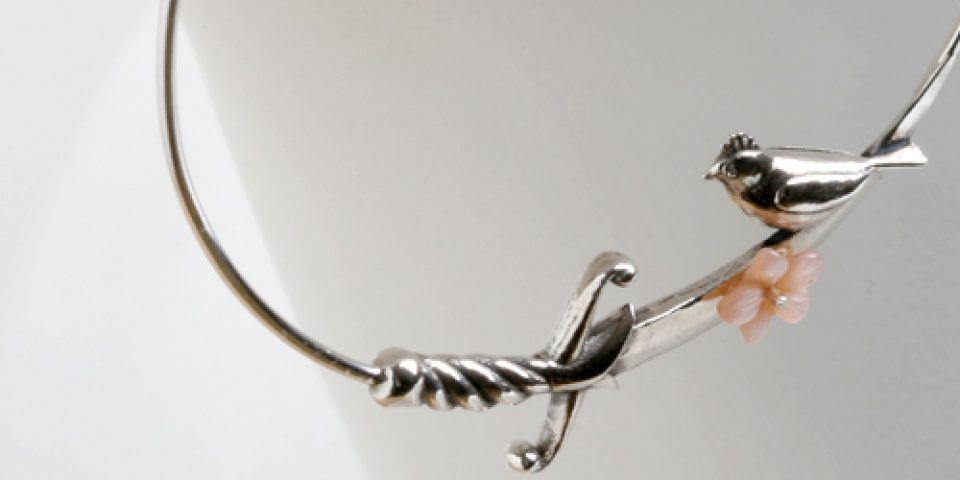The darkness of space, if one performs an experiment and looks through a toilet paper roll towards the sky in a way that no stars or lights can be seen, is quite precise. There is little qualification or need to distinguish details, and that makes it clear and precise. Light is the same, if, for example, you put the toilet paper roll on a flat clear surface in front of fluorescent light, this boring view of light is without feature and easily referred to precisely.
Other experiments yield different results. If we have things in a completely dark room, we have the same thing as our toilet paper experiment yields, but light will yield a room with things, and is both complex, and vague. This kind of experiment shows how light is not precise, when darkness is.
The more experiments we think of the more we should be able to conjecture that darkness is more precise than light. In any situation where the experiment is to “look” at darkness (not to feel things, or smell odors at other things (whether in darkness or light), and there is no light to look at, darkness will be easily referred to with no vagueness/with good precision. Another experiment would be to look at a rainbow. It is reasonable to say there is no darkness in a controlled look at a rainbow, and involves vagueness. Any view of no light will be easily and simply referred to with no vagueness. Light is much more vague in comparison.
